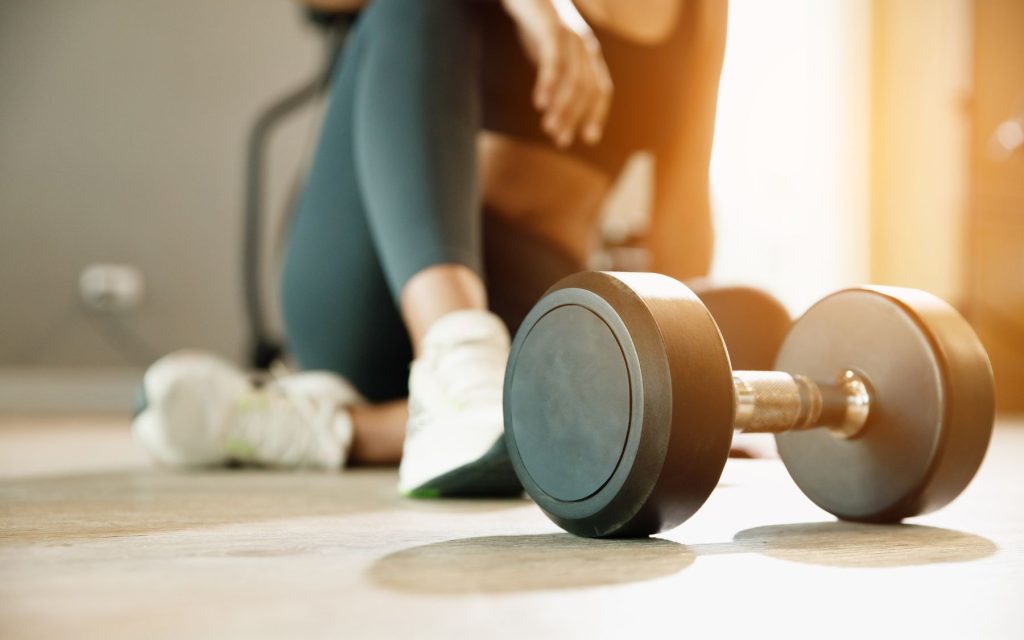
Immunity: Why Exercise, Sleep and Healthy Eating Support Your Defences
We’re living in a time where our immune systems are being challenged more than ever – between hectic work and social lives, school and nursery bugs and the seasonal weather changes our immune systems really are up against it! Don’t worry, there is good news! There are three foundational lifestyle areas that consistently show up in the research and in real life as power-houses for immune health: movement (exercise), quality sleep and nutrient-rich eating. In this week’s blog I’m going to walk you through why each of these matters, how they impact your immunity and what practical steps you can take starting today.
1. Move Your Body: Exercise as Immune Support
Regular movement isn’t just about looking or feeling better in yourself (though yes, it’s that too) – it’s about activating your body’s internal defence systems and keeping them tuned in.
Why it matters
When you engage in moderate exercise, you increase circulation and blood flow, which means immune cells (white blood cells like T-cells, natural killer cells) can move through your body more effectively. This helps them detect and eliminate threats (viruses, bacteria) faster. There’s also evidence that consistent physical activity reduces inflammation, which is a key factor because chronic low-grade inflammation can suppress proper immune function.
How it works in practice
- Short bouts of movement (say 30 minutes) 3-5 times a week help keep your immune “army” on alert without pushing you into over-training, which can lower immunity.
- Strength training and functional movements are especially helpful: they support muscle mass, hormone regulation and metabolic health – all of which feed into immune resistance.
- If you’re really pressed for time: even brisk walks, body-weight circuits or a few minutes of movement through the day (stairs instead of lift, leg-squats whilst the kettle boils) add up.
What to try this week
- Pick 3 days this week and schedule 30 minutes of movement you enjoy (could be a body-weight circuit, a walk outdoors or a strength session).
- On alternate days, aim for something light: stretching, mobility work or a gentle yoga session to support recovery and keep inflammation low.
- Pay attention to how you feel: if you’re constantly exhausted, sore or getting sick often, you may be overdosing on exercise and under-recovering – scale back and focus on rest.
2. Sleep: The Immune System’s Repair Mode
You’ve no doubt heard the phrase “sleep on it” – and for immunity, it’s more than a saying. Sleep is when your body repairs tissues, clears toxins, re-sets hormone levels and resets immune cells.
Why it matters
- During sleep, your body produces and releases cytokines (proteins) that support immune responses. If you are sleep-deprived, production of these protective cytokines goes down.
- Poor sleep is linked to increased susceptibility to infections, longer recovery times when you are sick, and even reduced vaccine effectiveness.
- Sleep also regulates stress hormones (like cortisol) and keeps inflammation in check. When sleep suffers, cortisol stays elevated and that impairs immune response.
How to apply it
- Aim for a consistent sleep window: for most adults, 7-9 hours is ideal. Less than that regularly = potential immune penalty.
- Create a sleep-supportive environment: cool, dark, quiet, no screens 30 minutes before bed, and winding down with something relaxing.
- If you’re under stress, have disrupted sleep or waking at odd hours: address the root (stress, diet, caffeine, alcohol) rather than just pushing for “more sleep”.
- One supplement I do swear by is magnesium for muscle recovery and sleep – it has been shown time and time again in the research to support good sleep and help with stress.
What to try this week
- Pick a target bedtime and wake-up time and stick to them even at the weekend as much as possible.
- Remove screens 30-60 minutes before bed.
- Consider a “sleep ritual”: herbal tea (non-caffeinated), low lighting, reading (paper book), stretching or gentle breathwork to signal to your body it’s time to switch off.
- Monitor how you feel when you wake: alert? groggy? This can guide tweaks to your bedtime routine.
3. Eat Well: Nutrients That Fuel Immunity
What you eat (and what you don’t eat) shows up directly in your immune system’s function. The right nutrients help build immune cells, fight infection, support gut health (which is intimately tied to immunity), and manage inflammation.
Why it matters
- Vitamins and minerals like vitamin C, vitamin D, zinc, selenium, iron and B-vitamins are all key components of immune cell function. If you’re deficient, your “defence army” is under-powered.
- A diet high in ultra-processed foods, sugar, unhealthy fats and low in whole foods tends to promote inflammation, weaken gut-barrier health, and reduce resilience.
- Gut health: much of our immune system lives in our gut. A diverse, fibre-rich diet supports a healthy microbiome which in turn supports immune regulation.
- There are a couple of other supplements which I swear by to help keep my immune system charged up.
- My whole family has taken The Turmeric Co. Raw Turmeric Original Shot for over three years – the 35g of turmeric which is known for its anti-inflammatory properties is a real game changer for immunity and recovery.
- Creatine – I take the ARTAH Essential Creatine which I believe is vital for muscle recovery post-workout. Giving your body the nutrients and fuel it needs to recover quickly and efficiently means your immune system can do what it needs to without being under extra stress.
- Collagen – I use the Ingenious Active Collagen to support recovery (and give my skin, hair and nails a helping hand). Again, this helps my body recover effectively and quickly.
How to apply it
- Focus on whole, minimally-processed foods: vegetables, fruits, whole grains, legumes, lean proteins, healthy fats.
- Prioritise colourful veg and fruits (for antioxidants), include good sources of protein (for immune-cell production), and include healthy fats (e.g., omega-3s) for immune and hormone regulation.
- Consider your meal timing, hydration, limiting excessive alcohol or sugar – all can weaken immunity if habitual.
What to try this week
- Add one extra portion of vegetables or fruit a day (on top of what you normally eat).
- Swap a processed snack (e.g., chips, cookie) for a “whole food” alternative (nuts & fruit, hummus & veg sticks).
- Ensure each main meal contains a source of lean protein + veg + healthy fat + a moderate portion of whole-grain or fibre-rich carb.
- Keep a water bottle handy and aim to hydrate well – your immune system functions best when you’re not dehydrated.
Pulling it all together: The Three Pillars of Immunity
You can think of immunity like a stool with three legs: exercise, sleep, nutrition. If any one leg is weak, the stool is unstable. But when all three are solid, you create a much more resilient system.
Here’s how to integrate them:
- Consistency is key. A one-day burst isn’t enough. These are habits.
- Moderation matters. Too much exercise without enough recovery → weaker immunity; too little movement → stagnation.
- Synergy: Good sleep improves recovery from exercise, which improves appetite and food choices; healthy eating supports energy to move and helps sleep quality; movement helps regulate hormones that support sleep and appetite.
- Mind-body factor: There’s also the fourth dimension – stress. Chronic stress weakens immune function. But exercise, sleep and good nutrition all help reduce stress response. So they indirectly support immunity that way, too.
My Final Thought
In my opinion, if you want to build a truly robust immune system, don’t look for the “quick fix”. There is no miracle pill (sorry!). Rather, the foundation is built day-by-day through the steady investment in movement, sleep and nutrient-rich food. When you show up for your body in these three ways, you create the environment for your immune system to work with you, rather than against you.
Start small. Pick one thing in each category this week: a short movement session, a consistent bed time, one extra veggie serving. Build that habit. Then layer in more. Over time, you’ll not only see benefits in how you feel, but you’ll be equipping your body to stand stronger in the face of illnesses, bugs, seasonal changes and the stresses of everyday life.
As always, any questions, please do get in touch.
Caroline x



